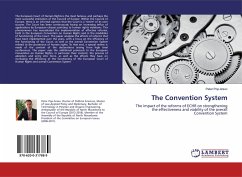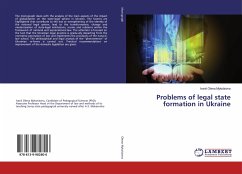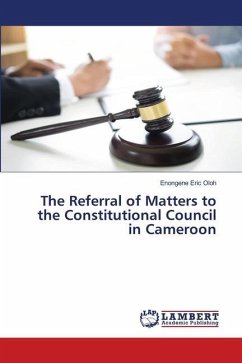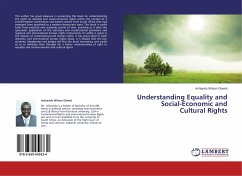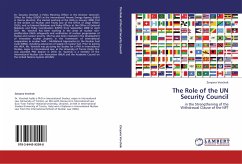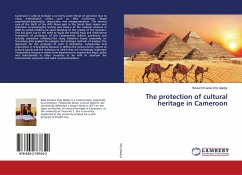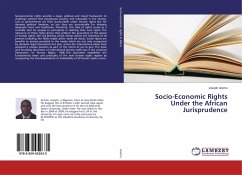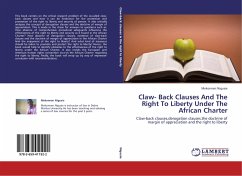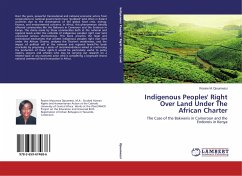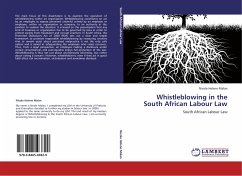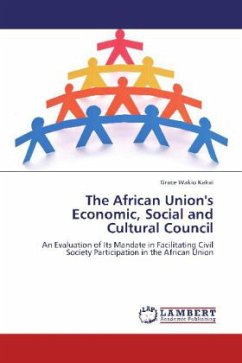
The African Union's Economic, Social and Cultural Council
An Evaluation of Its Mandate in Facilitating Civil Society Participation in the African Union
Versandkostenfrei!
Versandfertig in 6-10 Tagen
32,99 €
inkl. MwSt.

PAYBACK Punkte
16 °P sammeln!
The creation of the African Union (AU) broke new ground in the conceptualisation and design of international organisations. Most international organisations have maintained their state-centric nature, with limited and conditional participation for civil society. The AU created the Economic, Social and Cultural Council (ECOSOCC) as one of its organs, with a mandate of facilitating and enhancing civil society participation in its activities. ECOSOCC members are elected by African civil society operating at national, regional and continental levels, using eligibility criteria that is aimed at sec...
The creation of the African Union (AU) broke new ground in the conceptualisation and design of international organisations. Most international organisations have maintained their state-centric nature, with limited and conditional participation for civil society. The AU created the Economic, Social and Cultural Council (ECOSOCC) as one of its organs, with a mandate of facilitating and enhancing civil society participation in its activities. ECOSOCC members are elected by African civil society operating at national, regional and continental levels, using eligibility criteria that is aimed at securing representation of a wide range of civil society interests. This work examines the legal and institutional framework of ECOSOCC with a view to determining whether it is a viable mechanism for African civil society to engage with AU policy makers thus contributing to the democratisation of the AU's policy-making processes.



